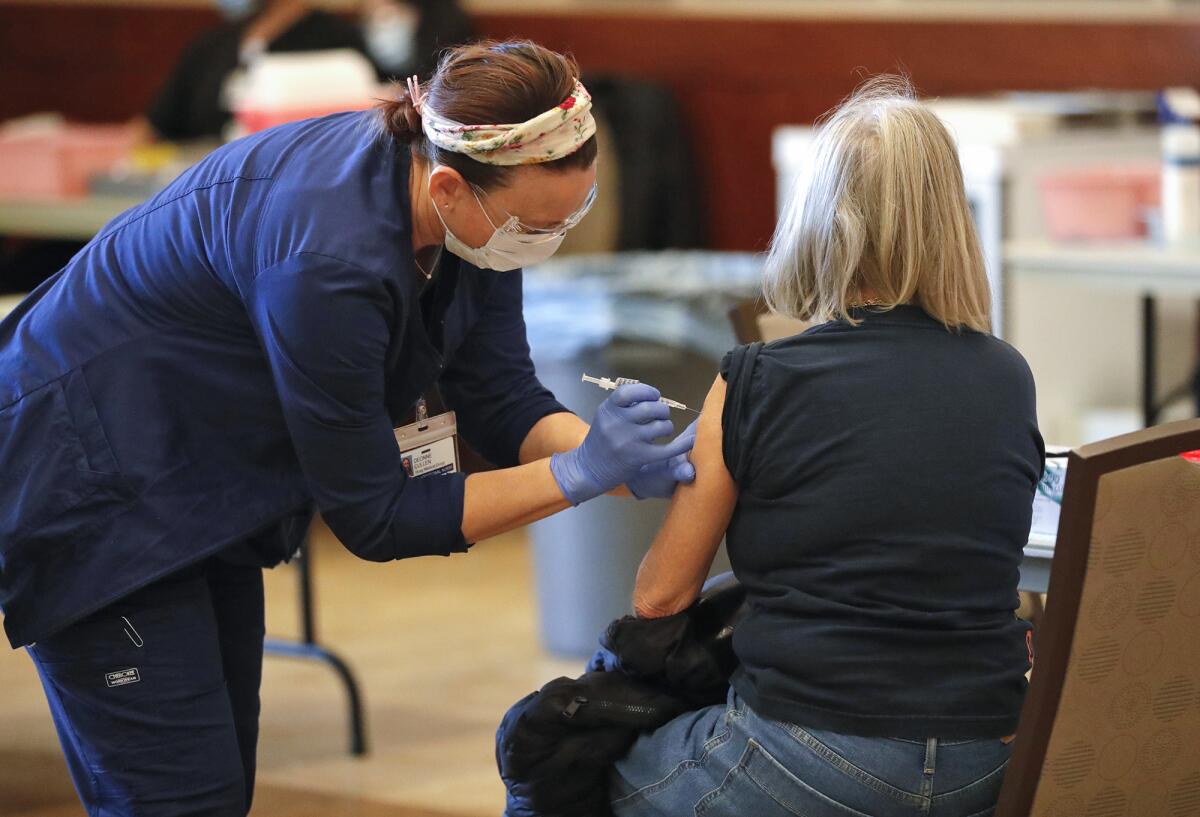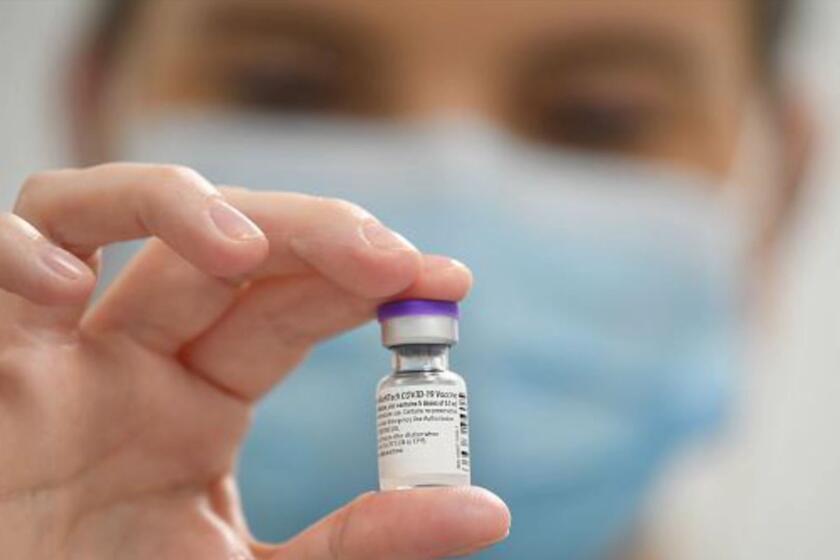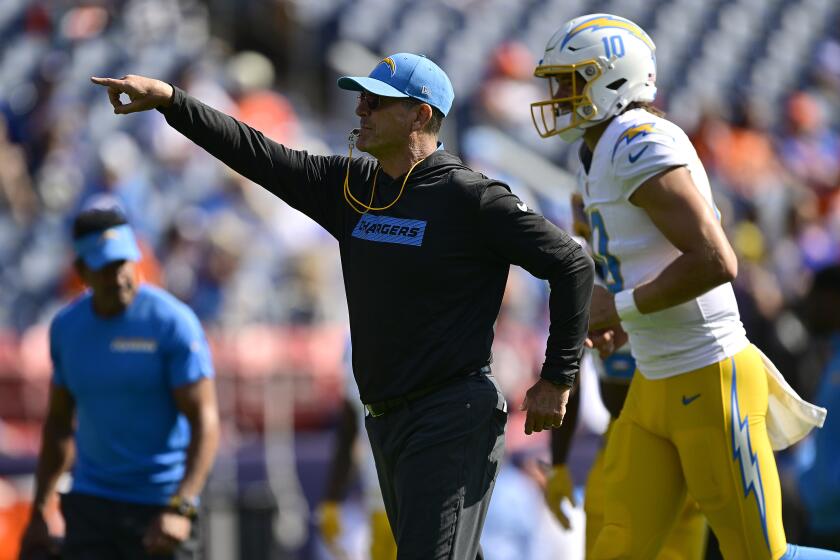Commentary: Here’s how to talk to family or friends who are unsure about COVID-19 vaccines

Millions of Americans each day are now being vaccinated against COVID-19. These safe, highly effective vaccines are the key to ending a pandemic that has devastated Orange County for more than a year. Unfortunately, some people are unsure about getting vaccinated for a variety of complex reasons. The good news is that you are the best person to talk to vaccine-hesitant family members or friends about why they should get their shots.
Planned Parenthood of Orange & San Bernardino Counties is proud to be a part of the solution to end this deadly pandemic and looks forward to offering the COVID-19 vaccine to our community. Based on our medical team’s experience talking with thousands of patients about the COVID-19 vaccines, here are some tips from the U.S. Department of Health and Human Services we have found helpful for handling those conversations:
Listen to their concerns with empathy. These vaccines, while remarkably effective, are still very new. It’s natural for people to have questions about them. The sheer amount of information — and misinformation — about COVID-19 vaccines out there can be overwhelming for anyone. That’s why it’s so important to listen without judgement when a family member or friend expresses fear about getting vaccinated and identify the root of their apprehension.
Acknowledge their emotions so they know they have been heard. For example, you can say something like, “It sounds like you’re stressed both at work and at home, and concerns about the vaccine are another source of stress. That’s really tough.”
The COVID-19 vaccines have been proven to be safe and effective, but they will only work if people get them.
Ask open-ended questions to explore those concerns. Open-ended questions are meant to get more than a “yes” or “no” response. Asking open-ended questions can help you understand what a person is worried about, where they learned any troubling information and what they have done to get answers to their questions. For example, you can ask, “How did watching that news report make you feel? What did you do next?”
As difficult as it may be when you are passionate about making sure everyone is vaccinated, do not be judgmental. Respectfully ask open-ended questions that help you understand their fears and avoid saying things like, “That’s silly to think that,” or “why would you be worried about that?”
Once you understand their concern, ask their permission to share information with them. Once you feel you understand where they are coming from, even if you do not agree, ask if you can provide some information. Tell them where you get information you trust and be careful not to push information on them. You can find answers to common questions they may have from reputable sources, including the CDC, O.C. Health Care Agency or other trusted sources such as the person’s doctor, nurse or pharmacist.
Sometimes, simply sharing quick, accurate answers to common concerns with your friends or family members can go a long way toward moving someone from worry to confidence to empowerment. If you don’t know the answers to their questions, offer to help them look for information. Remember that the overwhelming data regarding the safety of the COVID-19 vaccines may not be enough to change someone’s mind about getting vaccinated right away. It may take a while for the idea to grow so be patient and kind.
The most important thing you can be when talking to someone who is vaccine-hesitant is nonjudgmental and supportive.
Dr. Janet Jacobson serves as the medical director for Planned Parenthood of Orange & San Bernardino Counties.
All the latest on Orange County from Orange County.
Get our free TimesOC newsletter.
You may occasionally receive promotional content from the Daily Pilot.




